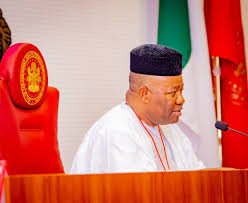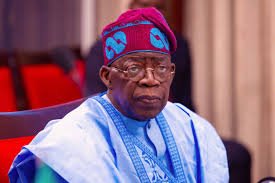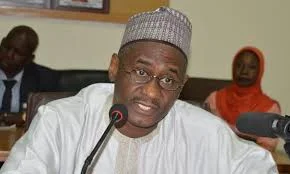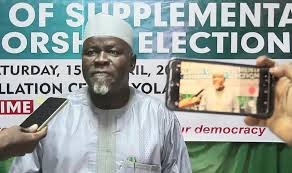Nigeria’s foreign policy is facing unprecedented challenges as the country operates without ambassadors in over 100 diplomatic missions globally.
This situation, which began in September 2023, follows President Bola Tinubu’s recall of all ambassadors to pave the way for new appointments, aimed at charting a fresh foreign policy direction.
Yet, as of mid-October 2024, these key positions remain unfilled.
Despite being hailed as one of the most prepared presidents in Nigeria’s history, with a political career spanning over three decades, including his tenure as the governor of Lagos State, Tinubu’s government has yet to present a clear foreign policy agenda.
His administration’s sluggishness in appointing new ambassadors has drawn concern both domestically and abroad.
A senior minister from a fellow Economic Community of West African States (ECOWAS) country recently voiced disappointment with Nigeria’s current leadership of the regional bloc.
Ugo Egbujo noted that many ECOWAS member states had initially looked to Tinubu’s leadership with high expectations, but the continued absence of ambassadors has dampened those hopes.
“Our embassies are critical outposts for promoting Nigeria’s interests globally,” said one Nigerian foreign policy expert. “Without ambassadors, we are failing to market our nation to potential investors and protect our diplomatic standing.”
As Nigeria strives for foreign investments and deeper international partnerships, the lack of representation in these missions raises concerns about the government’s ability to effectively project the country’s image and foster crucial alliances.
President Tinubu faces mounting pressure to urgently address this diplomatic vacuum and outline a cohesive foreign policy vision.
























